
The New Black Eagle Jazz Band, Part Three
A playlist of the discussed cuts can be found HERE. Jeff Barnhart: This month we’re continuing our exploration of the music and history of the
This new feature in TST will bring longtime friends and jazz musicians Jeff Barnhart and Hal Smith together for the first time in print. They have enjoyed a long association in various onstage incarnations and have had an ongoing dialogue about the evolution of jazz, its times and its practitioners over the years. They are thrilled to bring some of these discussions to light in this new monthly column. In it, Hal and Jeff will cover a kaleidoscopic array of jazz topics, from in-depth explorations of pioneering individuals and styles to the larger ebbs and flows of classic jazz throughout the ages, up to the present and (hoped-for) future.
“Ain’t’cha Got Music?” was composed in 1932 by James P. Johnson, for the musical Harlem Hotcha. The best known recording of the song was made by Henry “Red” Allen, Coleman Hawkins and their Orchestra in 1933. Johnson did not record his own composition until 1947.

A playlist of the discussed cuts can be found HERE. Jeff Barnhart: This month we’re continuing our exploration of the music and history of the
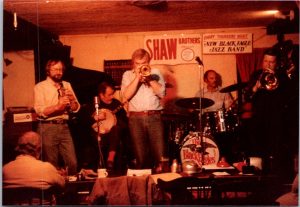
Jeff Barnhart: Welcome back devoted readers! This month, we continue our journey through the music and times of the celebrated Boston-based septet The New Black
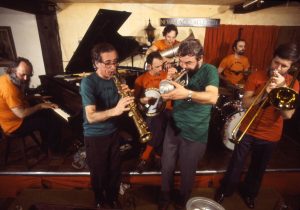
Stan Vincent created a playlist of all the tunes discussed in the below article. You may find it in full HERE. Jeff Barnhart: This month,
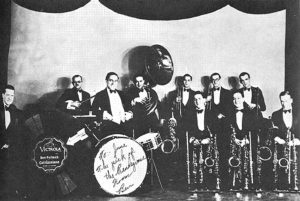
Hal Smith: Brother Kevin, in our last column we agreed to write something about the “Daddy Of ‘Em All”—Ben Pollack. Besides his wonderful talent as
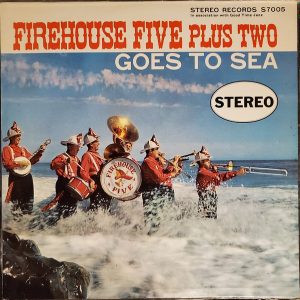
Jeff Barnhart: Hal, we both enjoyed listening to the Firehouse Five’s first “themed” album, The FH5+2 Goes South, last month that we agreed to cover
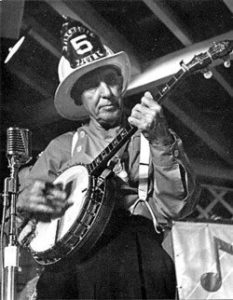
Hal Smith: Jeff, This month’s column was intended to be the first in a series of articles about the New Black Eagle Jazz Band; a
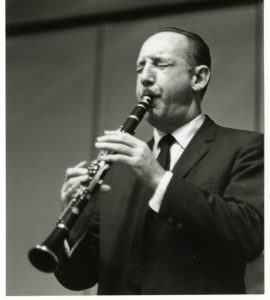
JB: Faithful readers, this month my fellow musical forensicist and I will be continuing our exploration of a nine-track LP released by Fantasy Records in
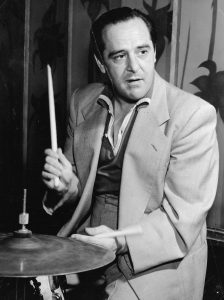
Hal Smith: Well, Brother Kevin—I’ve been looking forward to this conversation for a long time. We’re going to listen to some recordings by a drummer
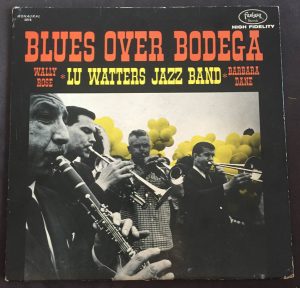
Hal Smith: Jeff, according to our recent e-mail exchanges, we share a favorite album: Blues Over Bodega, recorded by Lu Watters’ Jazz Band and released
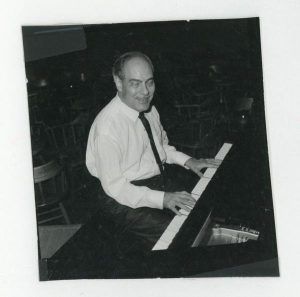
Jeff Barnhart: Hal, one of the highlights for me while exploring the music of cornetist Johnny Wiggs and banjo/guitar/vocalist Edmond “Doc” Souchon was the tasty
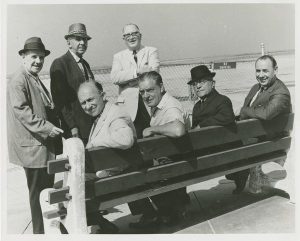
Jeff Barnhart: Well, Hal, you’ve done it again. I’ve been grooving on the selections you chose to share the music and story of Edmond Souchon: banjoist,
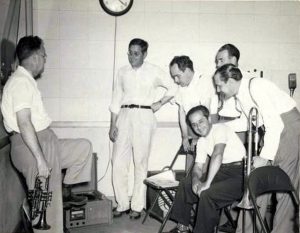
Jeff Barnhart: Welcome, dear reader! This month, we are continuing our exploration of the music of New Orleans cornet player Johnny Wiggs, whose recorded output
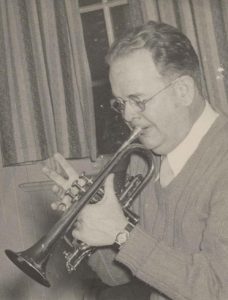
Jeff Barnhart: Hal my friend, you’ve chosen a musician I know little about, but whose work I’ve heard—and very much enjoyed in the past. Since
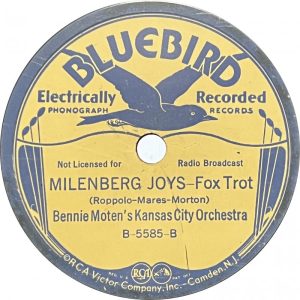
Jeff Barnhart: Dan, we have the pleasure of discussing the final four sides the Bennie Moten Orchestra recorded on Dec. 13, 1932, in Camden, NJ.
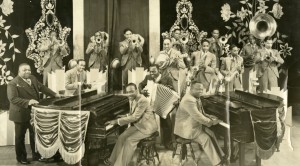
Jeff Barnhart: You loyal followers of hot music and the dissection thereof will rejoice that musician and musicologist Dan Barrett again joins me with great

Jeff Barnhart: This month, commitments have swept Hal away and it took me about 20 seconds (actually, I’m exaggerating) to arrive at my desired substitute;
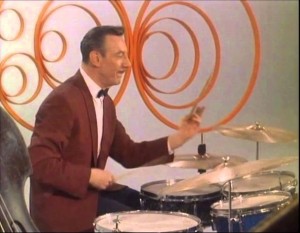
Hal Smith: Brother Kevin, we have received quite a lot of positive comments for our first article on Morey Feld. Before we begin part two,
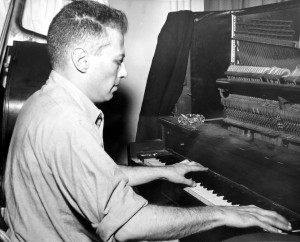
Hal Smith: Dear Readers, this month Jeff and I will explore the music of the great jazz pianist Bob Greene. We start with the first
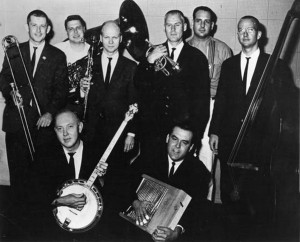
Jeff Barnhart: Welcome back, dear readers. This month we’re continuing our discussion of a unique traditional jazz group that had its heyday in the 1960s
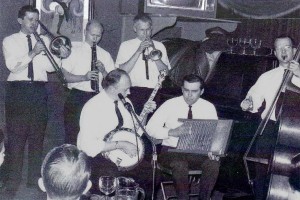
Jeff Barnhart: Welcome! This month we’re taking a break from poring over recordings created 95+ years ago and concentrating on a Californian group that had
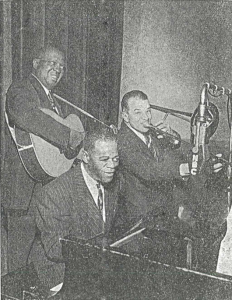
JB: Welcome back, intrepid explorers! To start the New year off with a bang, we’re continuing our discussion of the incomparable Kid Ory Band’s appearances
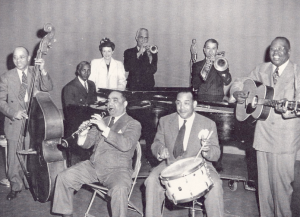
Jeff Barnhart: Welcome back, Hal! I couldn’t start this next topic without you!! In an earlier column (TST Jan–Feb 2023) we enjoyed a two-part exploration
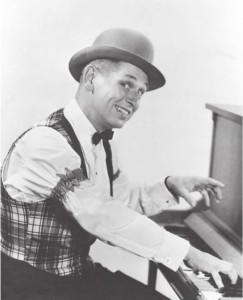
Jeff Barnhart: Faithful readers, due to a very busy travel and performance schedule, Hal Smith indicated he’d need to relinquish his usual seat at our
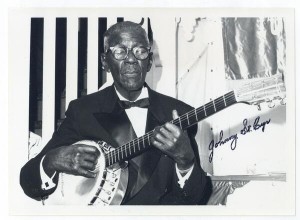
Jeff Barnhart: Hal, we’re both very fortunate to have busy performing/traveling schedules this month so we’ve pared down the number of tunes we’ll explore. As we’ll





